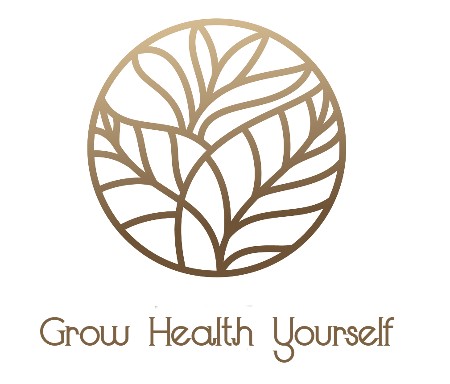
Mushrooms: In the tapestry of creation, every element has a purpose, every organism a role to play. From the beautiful grandeur of towering mountains to the tiniest microbe, the Earth is a masterpiece crafted by the divine hand with us in mind. Within this intricate web of life, mushrooms emerge as a testament to God’s wisdom, offering a profound solution to the pressing issue of soil degradation.
Scripture teaches us that God created the Earth and all that dwells upon it with intention and care. We see this in Genesis 1: 11″ Then God said, “Let the land produce vegetation: seed-bearing plants and trees on the land that bear fruit with seed in it, according to their various kinds.” And it was so. 12 The land produced vegetation: plants bearing seed according to their kinds and trees bearing fruit with seed in it according to their kinds. And God saw that it was good.”
One morning, as I was making my morning rounds through my small outdoor container garden, I noticed several small mushroom colonies in a newly planted container. When my husband came home I told him to take a look, and he saw nothing. They were gone! Knowing they were there, the following day I checked in the morning, and there they were again, gone after an hour or so of direct sunlight. Mushrooms, often overlooked in their quiet existence, embody God’s divine mandate. They are the unsung heroes of soil health, bestowed with remarkable abilities to rejuvenate and heal. As we delve into the science behind their actions, we uncover the intricate design of God’s creation at work.
Consider the process of bioremediation, where certain mushrooms have been gifted with enzymes capable of breaking down harmful pollutants in the soil. This miraculous ability to purify and cleanse reflects the divine purpose of restoration and renewal. It echoes God’s call for stewardship, entrusting us with the task of caring for His creation.
Moreover, the symbiotic relationship between fungi and plants mirrors the interconnectedness inherent in God’s design. Mycorrhizal fungi, which form mutually beneficial partnerships with plant roots, exemplify the principle of cooperation and interdependence. Through this relationship, nutrients are shared, soil structure is improved, and life flourishes as intended by Jehovah.
Mushrooms possess an incredible ability to heal and regenerate soil. This symbiotic relationship between fungi and soil is not new; it’s been a vital part of ecosystems for millions of years. Here’s how mushrooms play a crucial role in revitalizing our soils:
In conclusion, the healing properties of mushrooms offer a profound reflection of God’s wisdom and providence. As stewards of His creation, let us heed the lessons they impart, recognizing the inherent value of every organism in the intricate tapestry of life. Through our reverence and stewardship, may we strive to heal the Earth and honor the divine design woven into its very fabric.